Behind the Witch Hunt Ouyang Nana | Taiwanese Lost Family and Country Feelings
CCTV's National Day Gala officially announced the star guest list, which showed that Ouyang Nana will sing "My Motherland" together with other singers, which immediately caused Taiwanese people to choke, satirizing Ouyang Nana as a "female version of Huang An".
Singer Huang An has firmly stated his "anti-Taiwan independence" stance. In recent years, he has often reported bad artists, including Lin Xuzuo, Wang Dalu, Lu Guangzhong, Huang Qiusheng, Zhou Ziyu, etc.

The MAC announced in writing on the evening of the 26th that it may face a fine of up to NT$500,000 for violating the Cross-Strait People's Relations Regulations.
According to the relevant information of the MAC, since 2013, more than 30 people have been fined for violating relevant regulations. A few months ago, Taiwanese Zhang Jingyi, a reporter for Dragon TV at the White House in the United States, was fined by the Mainland Affairs Council for violating the Cross-Strait People's Relations Regulations.
Today, the other side looks at Ouyang Nana as we look at people like Dai Liren, and this is not the first time Ouyang Nana has been caught in a political turmoil.
On March 21, 2019, a certain satellite TV showed a mosaic of Ouyang Nana on the far left of the screen while showing a group photo of the four little actresses.

She was previously questioned by fans for her political stance because she described going to the mainland to work in a live video as "going abroad" to work.
After that, Ouyang had to come out and clarify: I am proud of being a Chinese, I will always remember that my ancestral home is Ji'an, Jiangxi, and I will always remember the feeling of seeing my name on the old family tree.
Then in the video broadcast by "China Film Report" on March 25, Ouyang Nana said something politically correct: "No matter if I am from Hong Kong, Taiwan, Beijing, or wherever, in fact, I am a Chinese", "This year marks the 70th anniversary of the founding of the People's Republic of China. I wish my great motherland prosperity and prosperity. I love my motherland."
Ouyang Nana's statement quickly spread to Taiwan, but it made Taiwanese netizens very dissatisfied. Ouyang Nana's Facebook, ins, etc. were "choked up".
One song, one era, big river or whirlpool?
The classic literary and artistic works of any era are the portrayal of the social life and spirit of an era.
The song "My Motherland" sung by Ouyang Nana this time is an episode of the 1956 movie "Shangganling". When director Shamon invited Qiao Yu to write lyrics, he said to him: "You can write whatever you want. I just hope that no one will watch this film in the future, and this song will still be sung."
Excellent works of art transcend the times. A big river contains the most common, simple, real and pure emotions of human beings. This emotion is not attached to any ideology or social system, and can be brought People's deep feelings, arouse people's inner real and strong emotional surging.
On January 19, 2011, pianist Lang Lang was invited to play "My Motherland" at the White House State Banquet. Lang Lang said, "I can play the most beautiful in the eyes of Chinese people in front of many foreign guests, especially heads of state from "all over the world". I am deeply honored and proud of one of the songs."
On October 7, 2016, Long Yingtai delivered a speech at the "One Song, One Era" lecture at the University of Hong Kong.
When Long Yingtai asked the audience what the enlightenment song was, Zhou Weili, the vice president of Hong Kong Baptist University, said, "I remember the "My Motherland" that many brothers taught us to sing when I first entered the university. Long Yingtai asked jokingly or frivolously, "Really? How to sing "My Motherland"? What's the first sentence?"
When the first sentence was sung, the singing voice was still relatively "thin". As more and more people chorus, the singing became louder and louder, and finally, it evolved into a chorus of the whole audience.
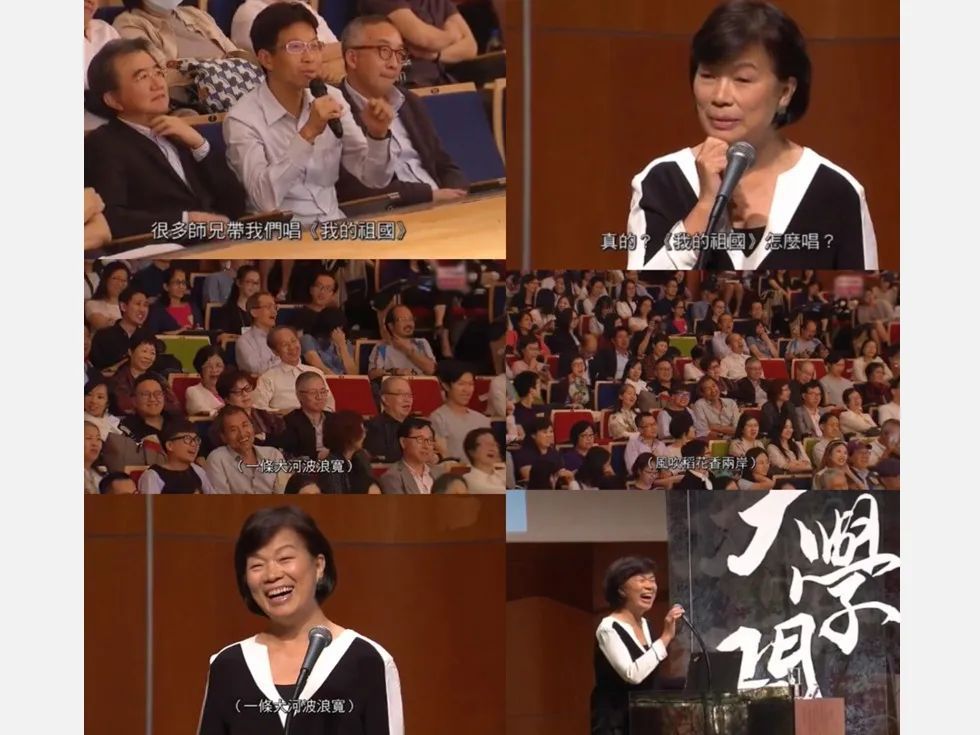
When the chorus of "My Motherland" sounded in the lecture hall of the University of Hong Kong, no one expected that it would become a sword and a sword. After a moment of listening and unison, it is the reality that generations and regions cannot communicate.
Fragments of the speech were circulated in the Chinese circle, and gradually turned into swords and shadows. Some people said that they were slapped in the face, and some people said that they were full of tears.
On December 18, Long Yingtai published an article "The Big River is the Big River", in response to the matter saying, "Sometimes, really, the big river is the big river, and the rice flower is just the rice flower."
Long Yingtai people do not understand that this big river records a war to protect the family and the country, and it contains the cultural memory of a nation.
When he accused Taiwan of uncivilized phenomena in "Chinese, Why Are You Not Angry" published in 1984, he still called himself "Chinese". As time passed, Long Yingtai also followed the trend. Like most Taiwanese who changed their identity, they called the mainland "China" and became a historical amnesiac criticized by him.
Even if Long Yingtai wraps up the chaos with warm words, it is just a sigh in the style of Wen Qing.
Many people in Taiwan not only insist on a civilization that transcends the nation, but also accuse the neglect of history as a result of losing the national character. The contradictory remarks reflect the changing identity and historical nihilism of Taiwanese society, and they do not clearly understand the root cause of this chaos. .
If Taiwan wants to seek "civilization", it might as well first examine the various words and deeds of Taiwanese society that discriminate against and vilify the mainland, and how many of them meet the "civilization" standard in Er et al's mind;
If you want to appeal that history should not be forgotten, you might as well examine the various historical views of Taiwanese society praising Japanese colonization and "de-Sinicization", rather than criticizing the mainland's lack of tolerance.
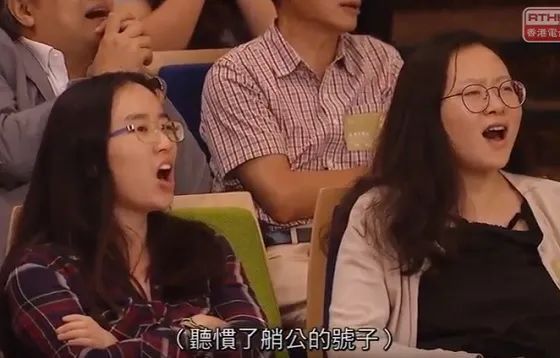
The unavoidable reality is that although they are descendants of Yan and Huang, the Chinese in mainland China, Taiwan, Hong Kong, and even all over the world have grown up in different environments and have been influenced by different cultures since childhood, so they have various conflicts and conflicts. collision.
Among them, Teresa Teng from Taiwan was labeled as "The Voice of Extravagance". In 1980, the Chinese Music Association even held a meeting to criticize Teresa Teng in Xishan. At that time, a book was published, and the title was "How to Identify Yellow Songs".
Here is an excerpt from one of the articles:
"When Will You Come Again" is not a traitor song, but it is a pornographic song; it is not a love song, but a flirting song; it is not an art song, but a commercial song, a relationship between a rich dancer and a laughing dancer, It was sung by the dancers on the dance floor when they persuaded the guests to drink. This is a cover up of the reality of blood and tears, a tribute to the life of a drunken fan, and an attitude towards reality with a drunken attitude."
In the past, Teresa Teng was in the outpost of Mashan, and one person could be against one country. Now Taiwan has not only lost Teresa Teng, but even the singing voices that cross the ocean are not allowed.
Ideology is making the island increasingly dysfunctional
Since Zheng Chenggong's recapture of Taiwan, people in this land have no idea who they are. Zhu Chenggong told them that you were the subjects of Ming Dynasty; then Kangxi told them that you were subjects of Qing Dynasty; the Japanese told them that you were the imperial people of Japan; Lao Jiang told them that you were the citizens of the Republic of China. They even have a Portuguese name: Formosa.
Now, under the political control of the DPP, the populist sentiment on the island continues to heat up, forming "a sense of cross-strait hostility" and increasing the "cross-strait hostility spiral".
The sale of "dried mango" has tied many Taiwanese people to an "ideological chariot". Starting in 2020, under the epidemic, the atmosphere of "anti-China and anti-China" public opinion on the island has been continuously promoted. Ouyang Nana's incident to some extent reflects the reality of Taiwanese society's attitude towards cross-strait exchanges, especially the abuse of populism.
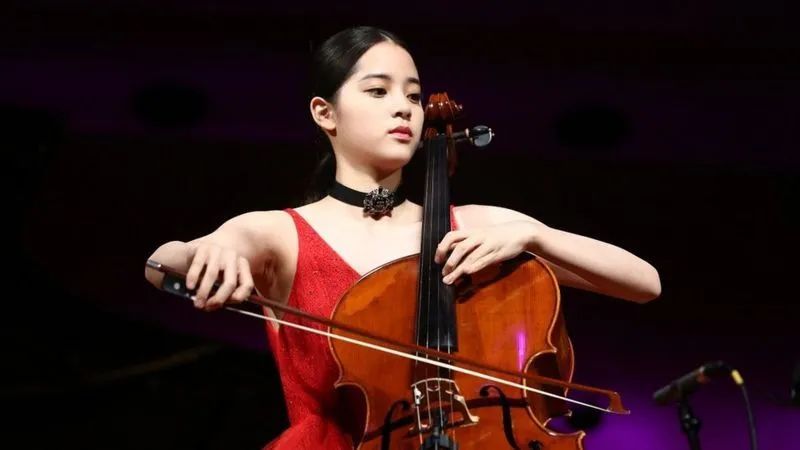
The emergence of populism as a phenomenon is closely related to the trend towards nationalism in the whole world. When the economy develops to a certain stage, the whole society will definitely start to look for the "gene" of success from its own national culture.
Many Taiwanese always insist that they are not Chinese, but they can't seem to find any other culture to fill them besides Chinese culture.
Ouyang Nana, whose ancestral home is Ji'an, Jiangxi, has never forgotten her identity as a Chinese, but the person in Taiwan with roots in Wan'an seems to have completely forgotten that her father had fled to Wan'an County, Ji'an City when he was a child. Forget one's origins, never Don't forget the hardships, the original meaning of the name.
Some politicians on the island use such things to stir up trouble and create confrontation. It can only be said that their mentality is very abnormal.
Dignity will not be lost just because you go to the mainland to sing a few songs. In Taiwan, some people keep saying: "this country", "government in exile", "shrimp rice bowl cake", it's not that people still splash lacquer and burn flags. Has the dignity of the country been harmed?
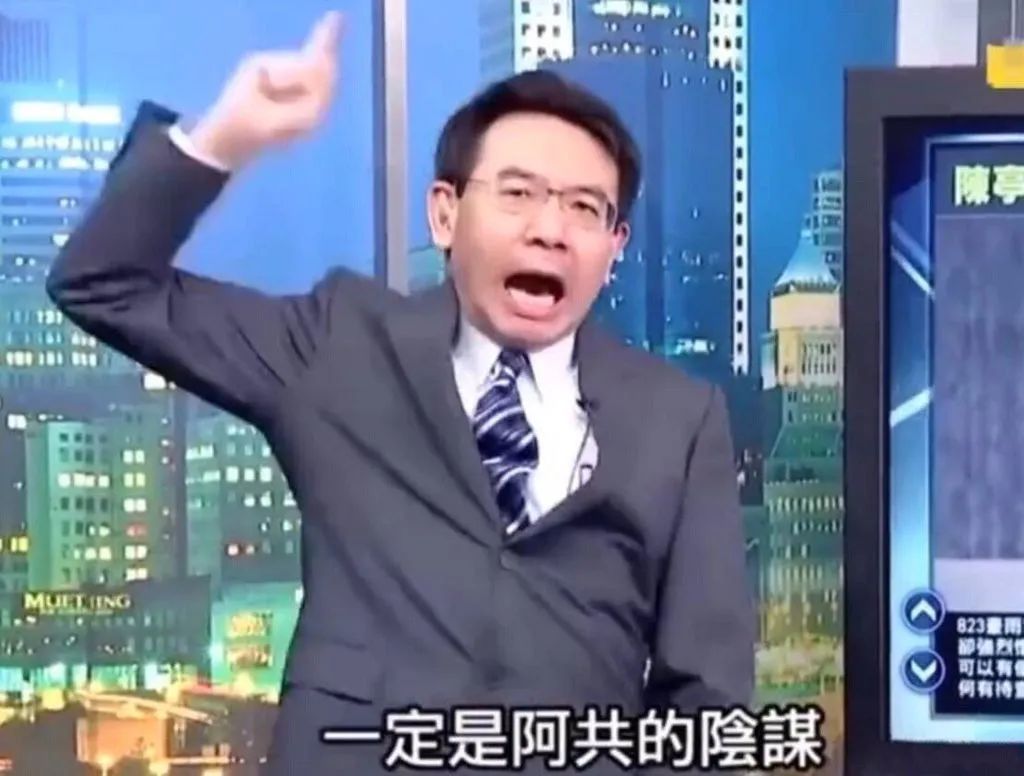
Liu Baojie's frequently used joke "It's all A Gongzi's fault" seems to have become a tacit understanding in Taiwan.
Today's Taiwan, by and large, is in such a state of insanity. Taiwanese are immersed in populist frenzy, and ideology has made the island more and more abnormal /
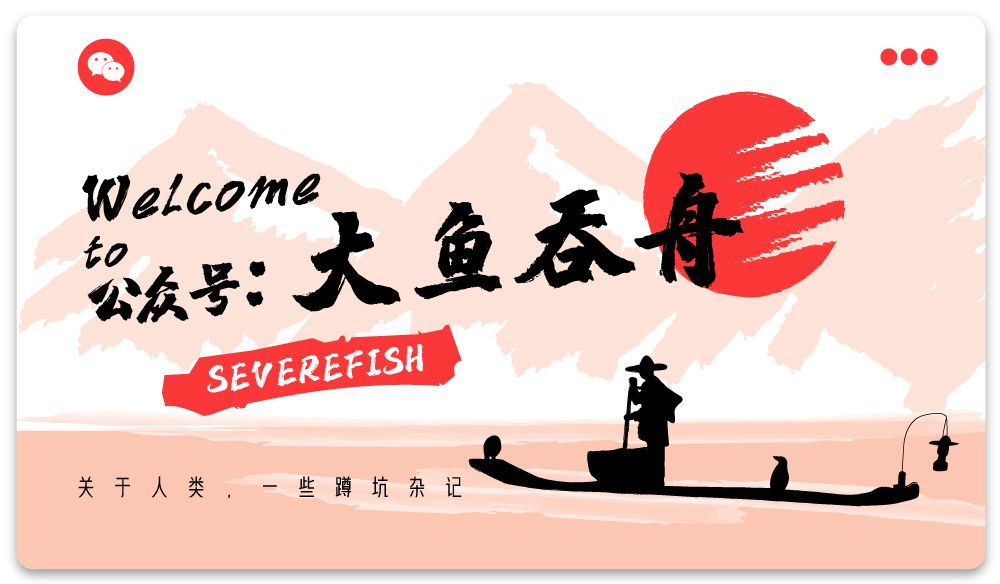
Like my work? Don't forget to support and clap, let me know that you are with me on the road of creation. Keep this enthusiasm together!
